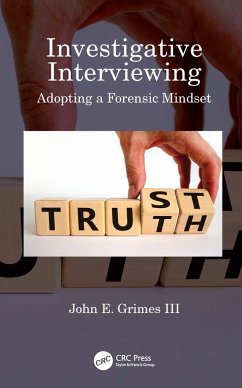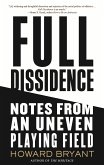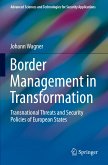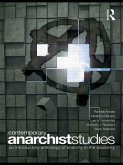Investigative Interviewing: Adopting a Forensic Mindset is a straight-forward, practical textbook outlining proper interview planning and techniques, detailing all relevant case law concerning confessions. Being a forensic professional infers that investigator apply the highest standards in collecting, analyzing, preserving, and presenting evidence to a court of law or other tribunals. The author contends that the key to a proper forensic interviewing methodology is the elimination of the term "interrogation," and the confession-obtaining mindset it creates. Forensic interviewers can achieve all interview objectives, including truthful confessions that stand up to the scrutiny of the courts and public opinion, by adhering to best-practice, ethical standards. What transpires during the interview must stand up to the scrutiny of the courts and public opinion. In this regard, due process, documenting the procedure, and practicing proven, effective techniques is paramount to getting to the truth-the ultimate goal of any investigation. The book addresses important issues in the field such as false confessions, due to its criticality and frequent occurrences of this. Coverage also includes the desired qualities of an investigative interviewer and strategies to break down barriers and gain trust with reluctant, uncooperative, and hostile interviewees. Proper report writing, an underrated key to any interview and investigation, is addressed in detail. Lastly. the book provides training on best practice interview steps and strategies to lead the interviewee to the truth. Numerous case examples, and transcripts of real interviews, are provided illustrate real-world interviewing practices and concepts. Features includes: Examines the human factor in the qualities of a good investigative interviewer such as understanding the offender and strategies to gain the interviewees trust Shares practical experience and best practices, noting traditional pitfalls and mistakes that can impede the truth and lead to false confessions Discusses legal considerations, case law, and the intent behind entering an interview situation with a forensic mindset, prioritizing due process and documenting procedure Presents a notable and extensive case study that includes six informative interviews denoting effective techniques in practice Provides pedagogical elements including chapter learning objectives and end of chapter review with discussion questions Investigative Interviewing: Adopting a Forensic Mindset promotes legal and ethical investigative interviewing methods and is a welcome addition to the literature for use in forensic science and criminal justice curricula and programs.
Hinweis: Dieser Artikel kann nur an eine deutsche Lieferadresse ausgeliefert werden.
Hinweis: Dieser Artikel kann nur an eine deutsche Lieferadresse ausgeliefert werden.








